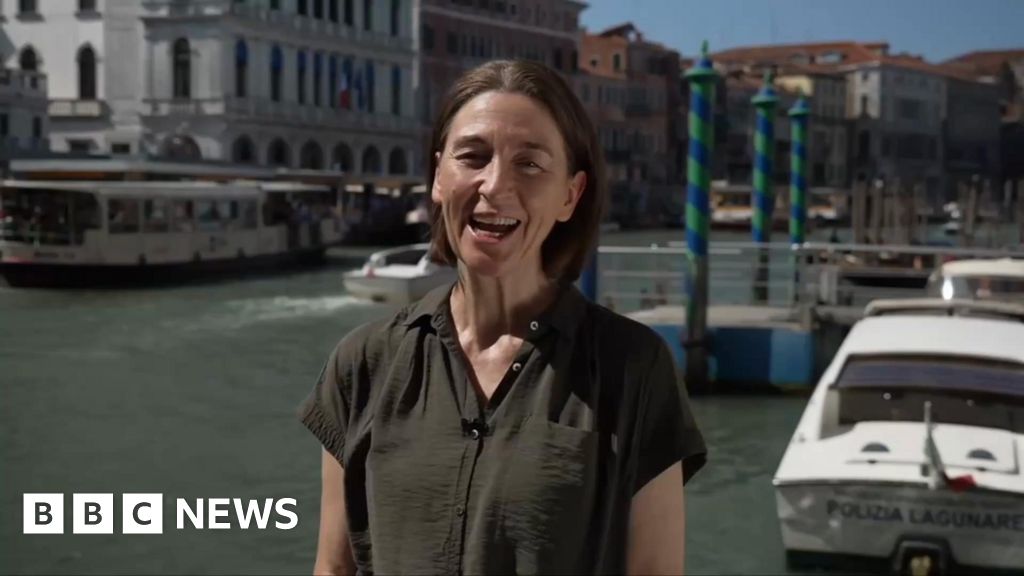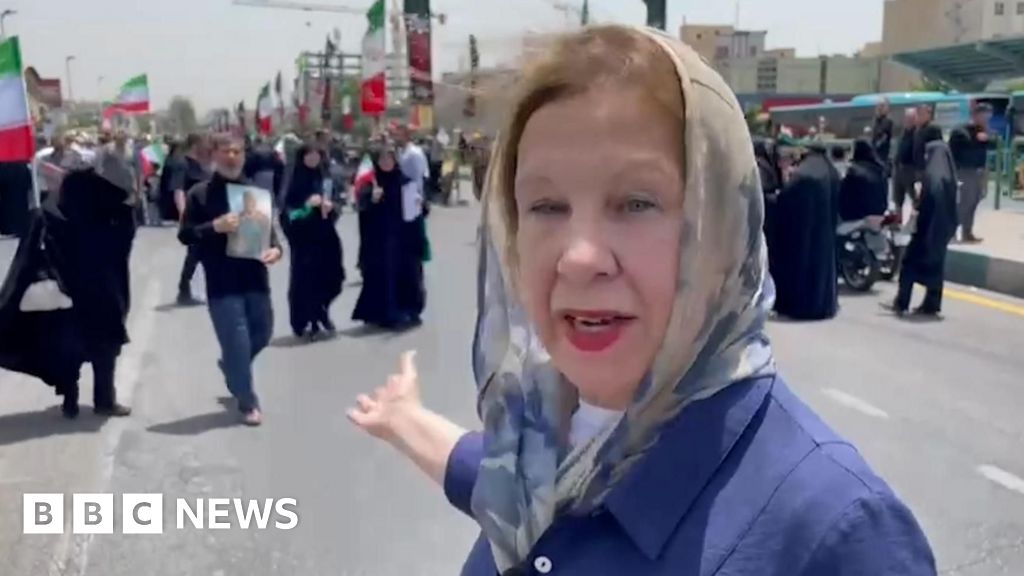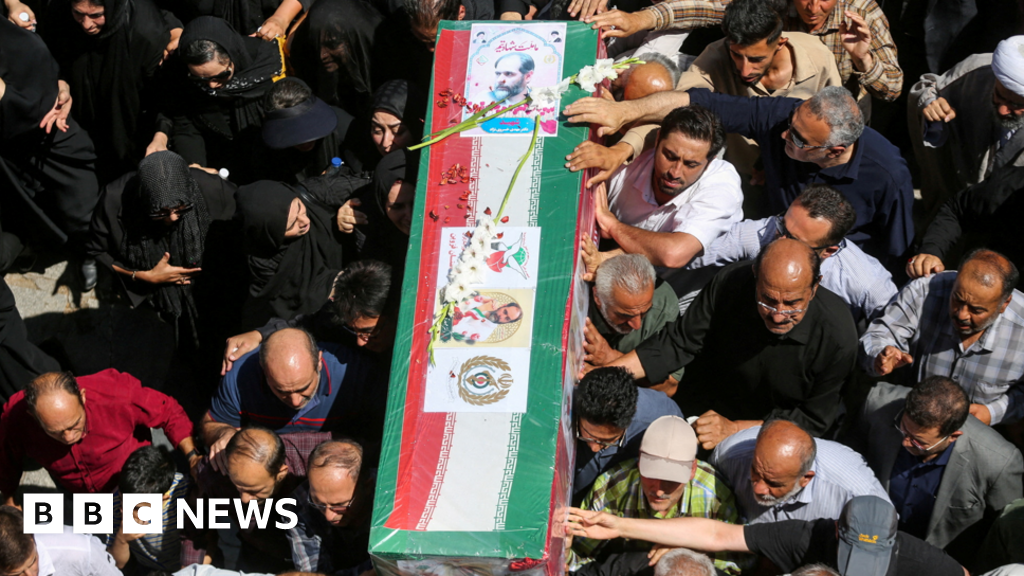As part of “Believing,” The New York Times asked several writers to explore a significant moment in their religious or spiritual lives.
Sign up to receive the latest installments of “Believing” in your inbox.
I was many weeks into reciting kaddish, the traditional Jewish prayer of mourning, for my father when I realized I did not know how to pray.
Oh, I knew the words and the melodies for the daily services I was attending — my father made sure of that, bringing me and my sisters to synagogue every Shabbat of our childhoods. I even knew what they meant, thanks to seven years at a Hebrew-speaking summer camp and four serving as Jerusalem bureau chief of The New York Times. I knew the choreography: when to sit, stand, bow, touch my fingers to my forehead or open my palms skyward.
I knew it all well enough to occasionally take my rightful place, as a mourner, leading the little group at my local Conservative synagogue some Sunday mornings.
What I was clueless about was God. How to talk to God, how to think about God, whether I believed in God, what he — my father — had believed. I knew what the words of the ancient texts meant in English, but not what they meant to me.
I decided maybe a year before Dad died that when the time came, I would take on the obligation of saying the Mourner’s Kaddish daily for 11 months, as outlined in Jewish law.
I had always found Jewish mourning rituals to be the most powerful part of our tradition. The communal aspect spoke to me: Kaddish is one of the prayers that require a quorum of 10 Jews, known as a minyan, and I appreciated both that I had to show up in public to fulfill this commandment and that strangers had to show up to make it possible. The daily commitment was daunting, but also appealing; a challenge, an opportunity, a statement to myself, to everyone around me and to my dead father that he and our tradition mattered to me.
Kaddish was also something I associated with Dad, whose booming voice whenever he was reciting the prayer on the anniversary of a loved one’s death still echoed in my head.
In the days following his death at 82, some of the loveliest memories people shared with us revolved around this ritual. How Dad made sure that prayer leaders did not go too fast for newbies or drown out women. Or how Dad had reconciled with his own father after decades of distance so he could say kaddish for him with less baggage.
I was excited, as a feminist and mostly Reform Jew, to take on an obligation that historically was the province of Orthodox men. The pandemic had made kaddish much more accessible and diverse: There was a Zoom minyan somewhere to dial into most hours of the day, some rooted in the traditional morning service, others involving meditation, study or song.
Everything made sense except the prayer part.
Kaddish may be the most famous Jewish prayer, infused into the broader culture — Sylvester Stallone recited it in “Rocky III,” and one of Allen Ginsberg’s most famous poems shares its title. It dates back to the first century B.C., and its Aramaic text does not mention death. Rather, it is a paean to God’s strength and sovereignty.
May your great name be blessed for ever and ever, is the central line. Blessed are you, whose glory transcends all praises, songs and blessings voiced in the world.
Scholars interpret this prayer being used for mourning as a declaration of acceptance that death is part of God’s plan. That works if you believe there is such a plan; if you believe in God; if you know what you believe.
Most mourners say kaddish in the same place most days, but my Reform synagogue only has services on Shabbat, so I stitched together a mosaic of minyans. (I’d decided to say kaddish once daily, not the traditional three times, usually at a morning service.)
On Sundays, I went to the Conservative shul in my town, and on Fridays, the Reconstructionist one. The other days, I’d video call into congregations across the United States, sometimes joining the ones where my sisters were saying kaddish, in Washington and Chicago. I said kaddish at a joint Passover-Ramadan breakfast, aboard New Jersey Transit commuter trains and outside a refugee center in Tbilisi, Georgia. I was good at focusing on Dad during the kaddish itself. But during the rest of the half-hour service — listening to the other prayers, reading memorial messages posted in the virtual chat on the side of the screen — my mind often wandered. Sometimes I checked Slack or email. I worried that I really wasn’t doing it right.
Back in religious school, I’d learned the mystical concept of keva and kavanah, Hebrew words that translate to “routine” and “intention.” The idea is that if you chant the same words every day, eventually, moments of connection will come. Kavanah is also translated as “sincere feeling” or “direction of the heart.”
I remembered asking, as a kid, how we would know when we got to kavanah. I don’t remember getting a good answer. Decades later, I was stuck in rote recitation — keva, keva, keva.
Until, as part of a Jewish study retreat in Maryland, I went on a walk in the woods with Rabbi Brent Chaim Spodek.
He called it a “soul stroll,” which sounded pretty hokey, but also as if it had a decent chance for kavanah. He led a little group on a light hike around a pond, stopping at beautiful spots to offer a few thoughts about the meaning of our familiar prayer book.
When we got to the central prayer, 19 blessings known as the Amidah, Rabbi Spodek summed it up as “Wow! Please? Thank you.” And that’s where it happened. I learned how to pray on my own terms.
“Wow” — shevach in Hebrew, or praiseworthiness — is about God’s awesomeness. Rabbi Spodek said he spends a minute or two pondering the miracle that is creation. That there is a (narrowing) climate in which humans can thrive. Plants and animals to nourish us.
“Please” — bakashot, or requests — is where we ask for things. Let my husband’s surgery succeed. Help my kid find his footing. Make me listen more. Big things, hard things, things we really need.
“Thank you” — hoda’ot — is like a gratitude journal. A yummy breakfast. A talk with an old friend. A walk in the woods.
It was hokey. But it worked. For the rest of my 11 months, whenever my mind wandered, I’d close my prayer book and close my eyes and try a little wow-please-thank you.
It did not instantly transform me into a believer. I still struggle, especially on the “wow” part, sometimes finding myself wow-ing God for making humans who figured out some technological, athletic or artistic miracle.
There are always plenty of pleases. And thanks, especially, for the nine other Jews who showed up so I could say kaddish for Dad, whatever he believed.
Jodi Rudoren is head of newsletters at The New York Times, where she previously spent 21 years as a reporter and editor. From September 2019 to April 2025, she was editor in chief of the Forward, the leading Jewish news organization in the United States.
Source link

















